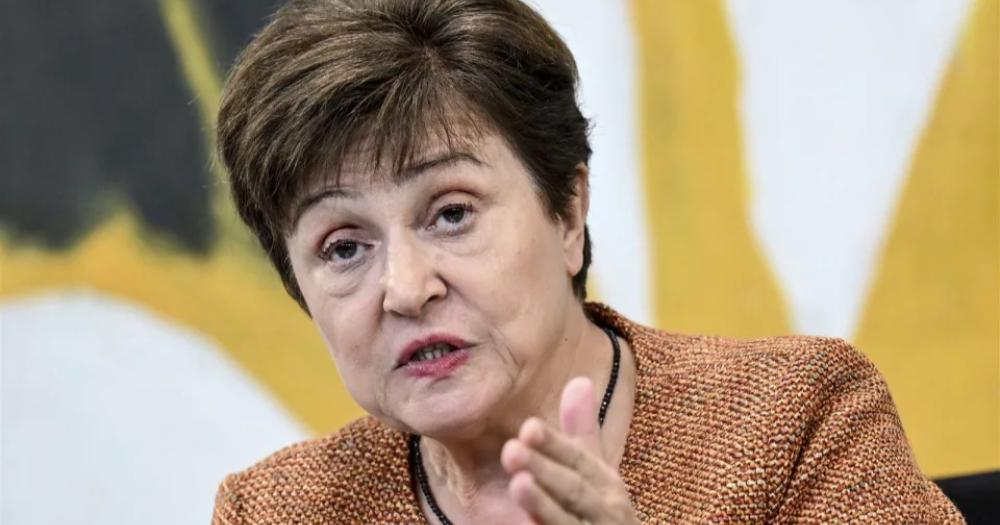Follow us on Telegram for the latest updates: https://t.me/mothershipsg
One-third of the global economy is expected to enter a recession this year, making 2023 "tougher than the year we leave behind," the head of the International Monetary Fund (IMF) said.
"Why? Because the three big economies-- the U.S., EU and China are all slowing down simultaneously," Kristalina Georgieva said on CBS News on Sunday (Jan. 2).
A third of the world to be in recession
“We expect one-third of the world economy to be in recession. Even countries that are not in recession, it would feel like recession for hundreds of millions of people,” Georgieva said.
The ongoing war in Ukraine, inflation pressures and high-interest rate increases by central banks are some of the key factors that contributed to the receding economy.
In October last year, IMF cut its outlook for global economic growth for 2023.
Slowing Chinese economic growth
Georgieva said that for the first time in 40 years, China, the world’s second-largest economy, is likely to be at or below the global growth level, possibly leading to a negative impact on global growth.
The surge in Covid cases the country is facing after it loosens its zero-Covid policy is likely to propel China to face an economic blow in the short term.
"For the next couple of months, it would be tough for China, and the impact on Chinese growth would be negative, the impact on the region will be negative, the impact on global growth will be negative," Georgieva stated.
"We've learned how dependent the world is on the Chinese supply chain," she said.
On the other hand, Georgieva said that the "U.S. economy is remarkably resilient" and that it “may avoid recession. We see the labour market remaining quite strong.”
However, economists polled by the Financial Times expected U.S. unemployment to rise to 5.5 per cent. In addition, 85 per cent of economists questioned predicted a recession in 2023.
You can watch her appearance below:
Singapore's GDP growth projection in 2023
Meanwhile, Singapore's GDP growth dropped from 7.6 per cent in 2021 to 3.8 per cent in 2022, according to a press release from the Ministry of Trade and Industry (MTI) on Jan. 3.
Core inflation rose to 5.3 per cent in September 2022 and was expected to "stay elevated in the next few quarters before slowing more discernibly in H2 2023 (second half of 2023) as the current tightness in the domestic labour market eases and global inflation moderates.
This was stated by the Monetary Authority of Singapore (MAS) and MTI in a press release in September last year.
In November 2022, MTI announced that Singapore's Gross Domestic Product (GDP) growth in 2023 is projected to come between "0.5 to 2.5 per cent."
Related story:
Top Image via Britta Pedersen/Getty Images
If you like what you read, follow us on Facebook, Instagram, Twitter and Telegram to get the latest updates.
